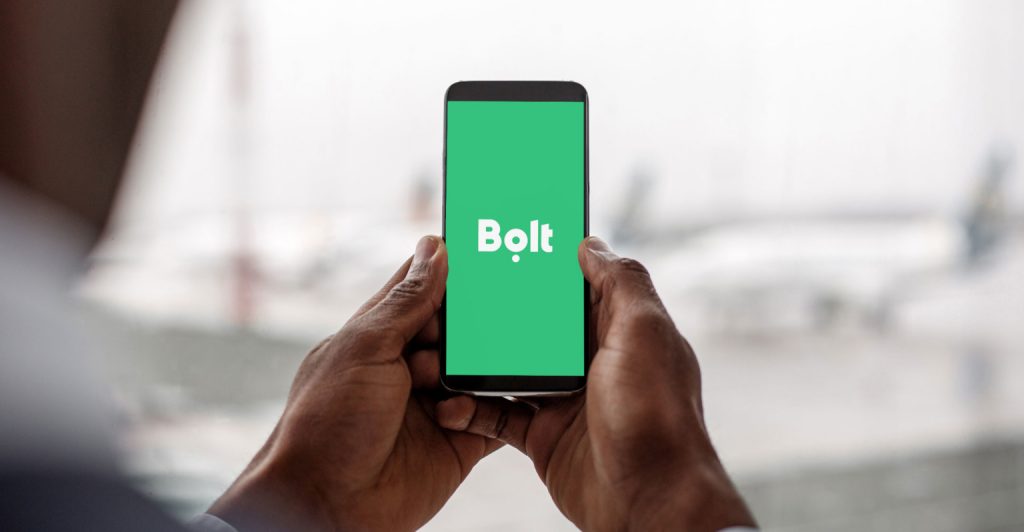It is not an excellent time to be pitching rides all-round Lagos, as the fares are daily becoming more uncomfortable. This is compounded by the recent fuel scarcity, bad roads/construction activities, traffic, among other factors.
Beyond the recent fuel scarcity, prices of ride-hailing services have been on the rise in the last couple of weeks, compounding the woes of commuters who rely on these platforms for their mobility solutions.
With that in mind, it is vital to look at consumers’ willingness to stick with price hikes, or whether they are indifferent, considering that ride-hailing is sometimes regarded as luxury.
Go-to Mobility option
Thanks to technological advancements, what has been labelled “the future of mobility” is already a reality in Nigeria. Ride hailing services like Uber and Bolt have become a go-to mobility option, boosting access to safe and comfortable journeys.
The entrée of these services has caused a disruption in the Nigerian taxi industry, and this is expected to continue for as long as technology exists. This transport innovation has attracted private individuals and, recently, the government.
Making headlines this past week was the announcement of the near-completion of the Lagos-backed ride-hailing service known as LagosRide. Though it came as a shock, it was apparent that the government had accurately assessed the industry’s potential and future prospects.
Read also: Don’t disturb your lifestyle to save – Onyinye Oguego, MyStash co-founder


While these services have taken an innovative position, price hikes have become a daily conversation. And, users of these ride-hailing services have recalled instances when they’ve had to use other cheaper less-comfortable transport services.
3% hike in booking fees and more
In December 2021, Uber, through emails sent to customers, announced that it would begin charging a 3% booking fee on all trips in Nigeria. The charge, which officially commenced January 1, 2022, was designed to assist with operational expenses.
Bolt introduced a similar 3% booking charge in 2021 to cover operational costs and the development of new features of the Bolt app.


Asides increase in booking fees, consumers now see cab charges that are higher than the expected standard fares. This is due to the firms’ use of a pricing method known as “surge pricing” or “dynamic pricing.”
Ride-hailing has evolved to be a viable alternative to regular taxis, but consumers may already be reconsidering this. The continual increase in ride-hailing prices is a worry, and Nigerians have too many other worries.
Driver induced increment
The Professional E-hailing Drivers and Private Owners Association (PEDPA), which represents Uber and Bolt drivers, is presumed to be behind the increase, since it had previously encouraged e-hailing companies to increase passenger costs to reflect the country’s current economic position.
Speaking with Technext, Comrade Ayoade Ibrahim, the President of the National Union of Professional app-based Transport Workers (NUPABTW) and Vice-President of International Alliance of App-Based Transport Workers (IAATW), expressed a number of concerns.


Ibrahim stated that the current increase in fares was not a direct reaction to the drivers’ welfare demands. “Indeed, fares had seen an upward growth as a result of the current fuel scarcity, but it was rarely significant enough to lead to an outrageous rate in fare prices,” he said.
He added that ride hailing companies recently increased the minimum basic fare charge from ₦500 naira to ₦600 naira, which was an incentive to drivers but not proportional to the increase in fuel pump prices in the country.
Ibrahim also stated that there had been other recent hikes, which accounted for the price surges, but were as much a concern to drivers as they were to riders. Bolt, for example, currently charges drivers a 25 per cent commission on top of a 5 per cent booking fee and a 20 naira per trip Lagos road development levy fund.
The deductions add up to affect the total price per trip, but only profitable to the ride-hailing company and the Lagos government, not the drivers.
Implications for sustained price hikes
Despite the increasing price rates, Comrade Ibrahim acknowledges that it hasn’t resulted in a massive decline of riders in recent weeks. He, however, accepted a possible decline in user rates if the higher fares are sustained.
To prevent this from happening, he insists that ride-hailing companies need not increase prices for trips nor charge a proportional commission. He says they rather reduce both to give better incentives for both riders and drivers to use the service.
In a similar development, drivers protested in 2021 over Bolt’s auto leasing proposal, which would see the business give out energy-efficient vehicles to 10,000 e-hailing drivers in Nigeria. According to the drivers, the automobiles are excessively expensive in comparison to the returns, and the repayment plan may be too restrictive, according to the drivers.






